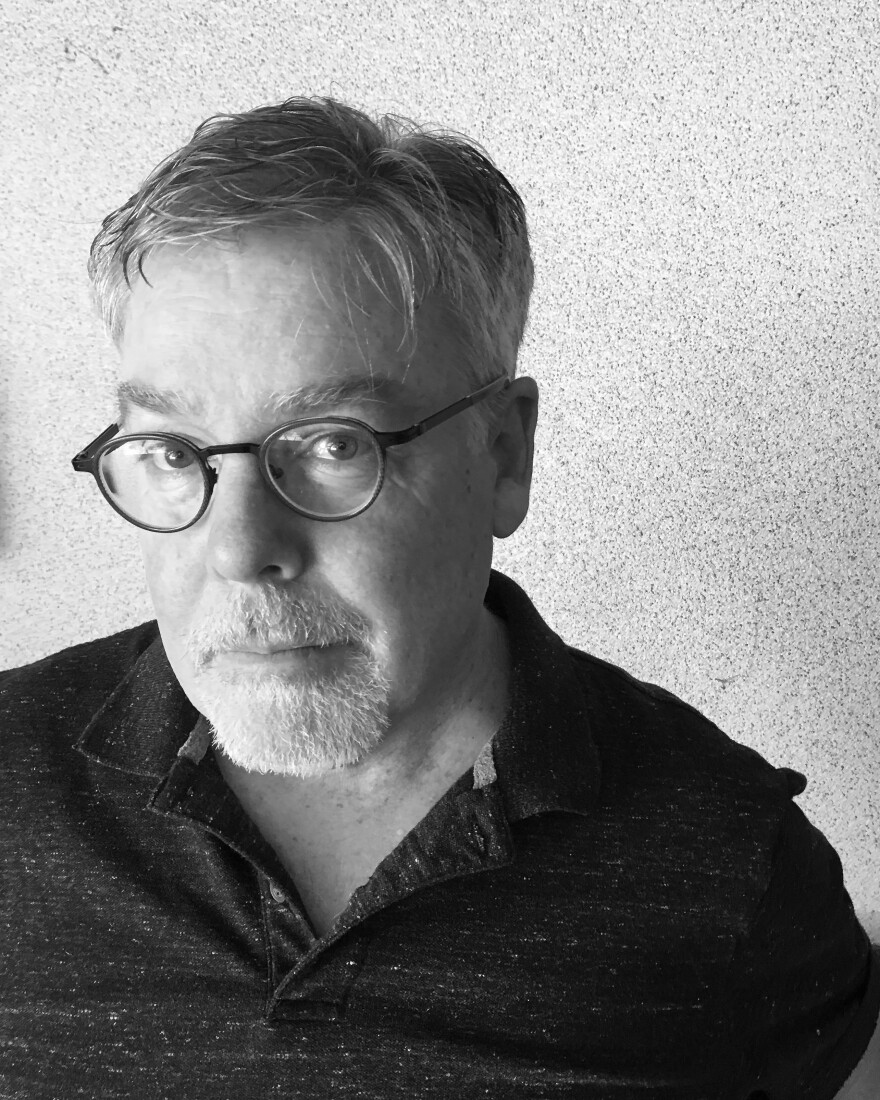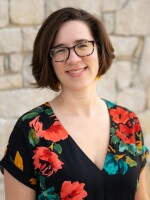This story was first published in Classical KC's "Take Note" newsletter. You can sign up to receive stories like this in your inbox the first Wednesday of every month.
Colonial America was a period of experimentation. Thought leaders were not siloed to the world of politics and business, but tread freely through the realms of art. Music was an integral part of life, from congregational singing to house concerts and street musicians.
The Kansas City Baroque Consortium takes a look at these early American voices in the final concert of their summer series. Throughout the season, they’ve explored music in the Age of the Enlightenment.
“We are really focusing on the period up to the American Revolution,” says Trilla Ray-Carter, founder of KC Baroque, “that first generation of Americans who were expressing musical ideas and writing and finding ways of becoming published.”
This concert features some of these Revolutionary voices, as well as works that reflect the presence and viewpoint of Native Americans before and since. This includes a new piece by Michael Welsh, a Los Angeles-based composer.

Welsh was inspired by a poem by Louise Erdrich, a member of the Turtle Mountain Band of Chippewa Indians. The preface for the poem, “Asiniig,” begins: “The Ojibwe word for stone, asin, is animate. Stones are alive. They are addressed as grandmothers and grandfathers. The universe began with a conversation between stones.”
Welsh takes the voices of these stones as the primary musical impetus. “The stones communicate by whispering, speaking in rhythm, and singing — sometimes all three modes of delivery at once,” he says.
Welsh says he's trying to fuse this Native American concept with the textures and timbres of the Baroque instruments.
“The contrast between the choir, percussion and strings opens up huge sonic possibilities,” says Welsh. A versatile composer, he’s versed in both classical and commercial music. Ray-Carter asked for a piece that was sophisticated and accessible, and she describes his work as “highly expressive.”
“To me, [this work] reflects the stones as the original natives of this land in the mind of the poet,” says Ray-Carter. “These stones have spirit and they communicate with one another.”
“Asiniig” connects and contrasts with the concert’s opening work: Jean-Phillippe Rameau’s “Les sauvages.” Originally for solo clavecin, the piece was inspired by a performance by Native American emissaries in the court of King Louis XV and was later used in the opera-ballet “Les Indes galantes.”
The work serves as a connection between the series’ previous concerts, which focused on European works, and provides “the European viewpoint of what was happening on this side of the Atlantic,” says Ray-Carter.
Much of the early works produced by first generation Americans were primarily for voice, breaking from the prescribed methods of European music-making.
William Billings was a renowned singing master and hymn composer. His “Chester” was a rousing patriotic hymn and the unofficial anthem of the American Revolution.
“He’s recognized for creating an early American choral sound…that was really quite different from what Europeans were writing at the time,” says Ray-Carter. Even today, she says, modern choral practices look back on those foundations. They’ll perform Billings’ 1781 “Modern Musick,” a tongue-in-cheek demonstration of choral writing tendencies.
The ensemble will also perform music by polymath Francis Hopkinson, credited with the first arts songs written by an American-born composer. Hopkinson, a signer of the Declaration of Independence, was deeply involved with the American Revolution. He wrote satirical songs and plays to stoke revolutionary fervor, while also corresponding with Benjamin Franklin about improvements for the glass armonica.
The program “captures this era of changing thought,” says Trilla Ray-Carter. “These main ideals of liberty and separation of church and state, more focus on reason...all those things [affected] the arts, especially music.”
Kansas City Baroque Consortium performs Music in Colonial America on August 26 at 7:30 p.m. at Visitation Catholic Church, 5141 Main St, Kansas City, MO 64112. Learn more at www.kcbaroque.org.





